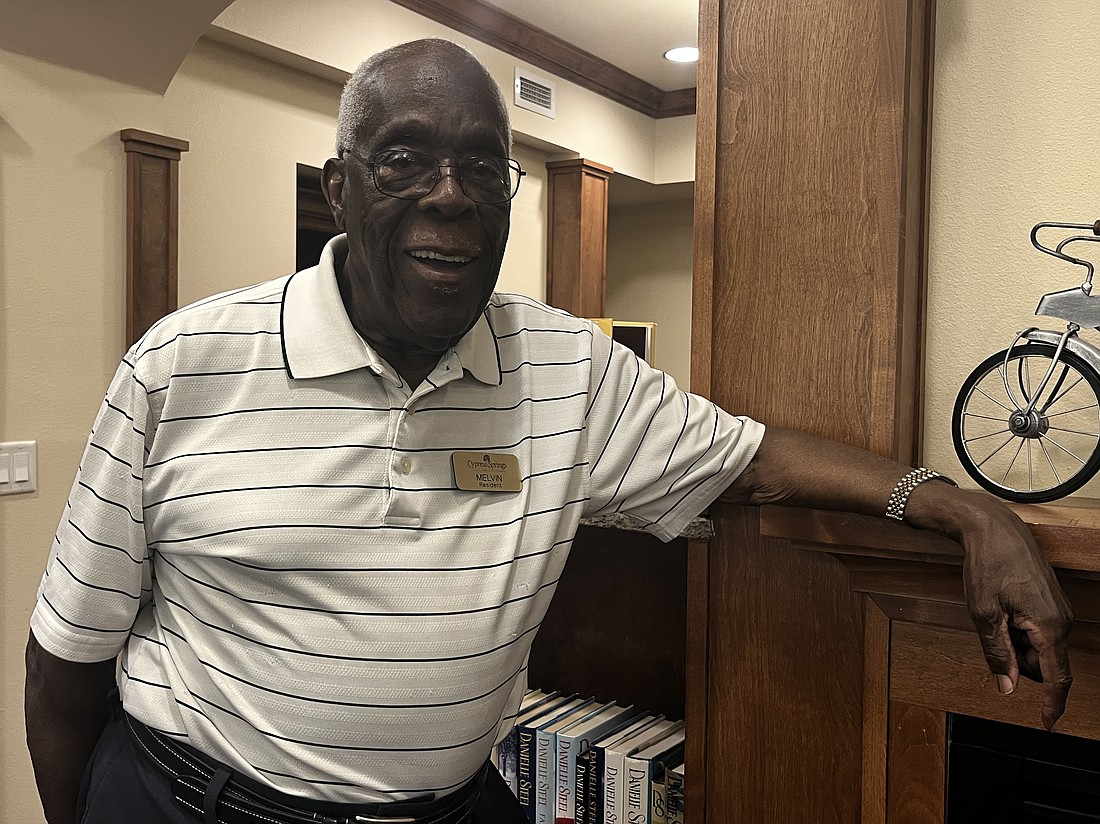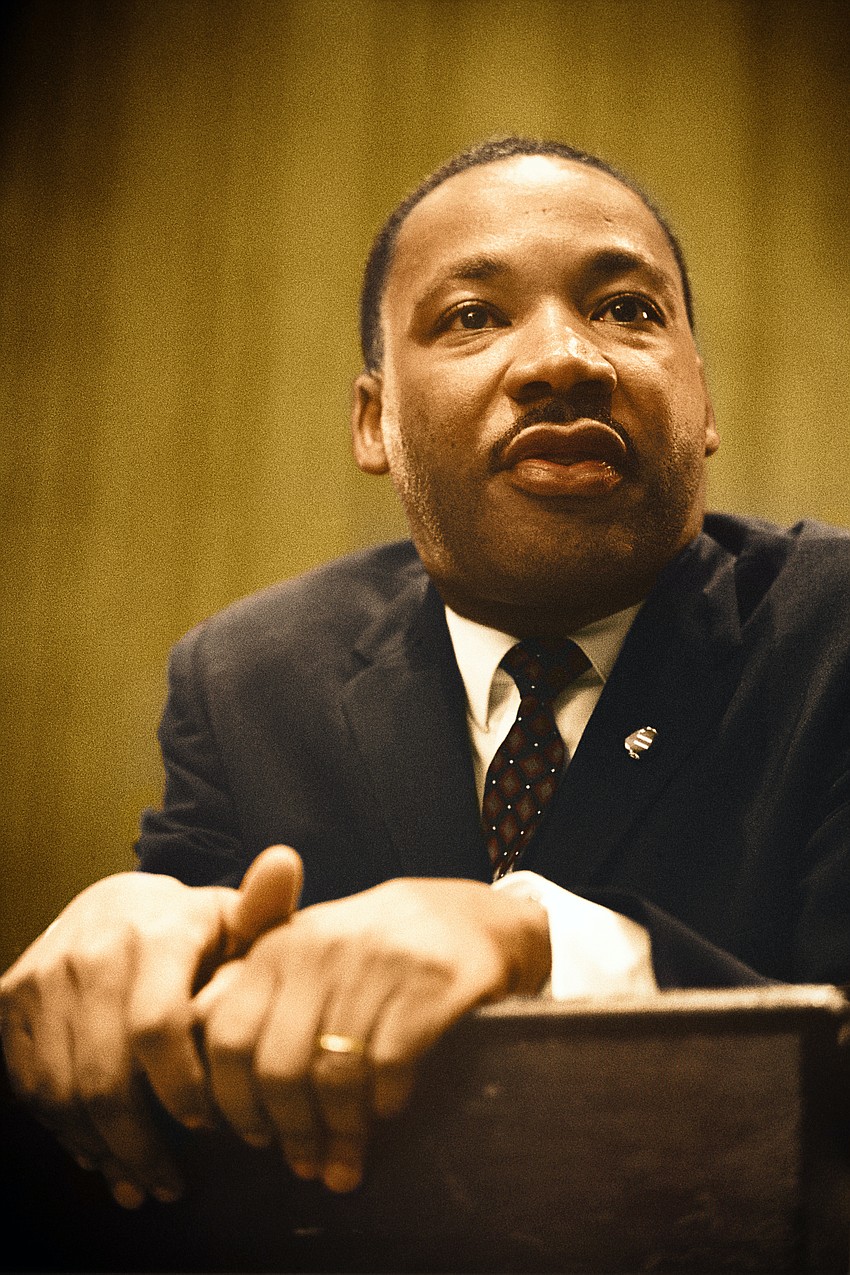- April 4, 2025
-
-
Loading

Loading

When Melvin Pettis met Martin Luther King Jr. in 1963, he knew he was an influential figure, but he didn’t know he was speaking to a man who would become the most prominent leader of the civil rights movement.
To Pettis, now a 94-year-old resident at Cypress Springs Gracious Retirement Living in Lakewood Ranch, the conversation was like any other. How are you? How are the kids? Where are you off to next?
Pettis at the time was a United Auto Workers union official and the chairman of the UAW committee in east Moline, Illinois. He was attending a UAW convention in June of that year in which King was invited to be a speaker.
“To me, he was just like me,” Pettis said with a laugh. “He did what he was doing. I did what I was doing. I think I accomplished what I wanted to accomplish in life. He was doing the same thing.”
With Martin Luther King Jr. Day approaching Jan. 15, Pettis is reminded of his short time with the historic figure.
“Somehow, we have to keep (his memory) alive,” Pettis said. “It’s important that we know who Martin Luther King was and what he stood for.”
Pettis recalled King as a short, elegant, well-dressed man who made an impression on him. He met King months before the "I Have a Dream" speech during the March on Washington for Jobs and Freedom on Aug. 28, 1963. However, he said King had offered a similar version of that speech during the UAW convention at Cobo Hall in Detroit.

“It was a large convention with 2,500 people, but you could hear a pin drop, it was so quiet,” Pettis said.
Pettis said King captivated the UAW audience with the power of his words. However, he said King perceived the speech he gave at the UAW convention to be incomplete and continued to make changes to it before the March on Washington for Jobs and Freedom speech.
Every so often, Pettis will listen to the “I Have a Dream” speech, and it never ceases to inspire him.
“He uses phrases that bring tears to your eyes,” Pettis said. “I hope we never forget the contributions he made.”
Pettis admired how the speech reflected the need for change not only in the civil rights movement but in labor, economics and more.
In April 1965 in Moline, Illinois, Pettis was in the room once again with King. Pettis, who was the first Black man hired at John Deere, was senior division manager for the company. The company’s affirmative action committee hosted the event that presented King with the Diocese of Davenport's Pacem in Terris Peace and Freedom Award.
Pettis recalled being in his car driving the 13 miles from a factory to his office when he heard of King’s assassination on April 4, 1968 in Memphis, Tennessee. He was overwhelmed with emotion.
The assassination inspired Pettis and five others to come together to remember and celebrate King’s life. With the help of the John Deere company, Pettis organized a celebration and started making white pennants with “We’re for equality” printed on them in black lettering.
The more than 5,000 pennants were distributed in the 90 miles surrounding Moline, and before Pettis knew it, he had messages from people from the surrounding 150 miles asking where they could get a pennant.
It didn’t stop there.
Pettis helped to form Neighborhood Outreach Work, an organization working out of Rock Island, Illinois, that now continues to provide programs, resources and services for the community such as job training, food, preschool and more.